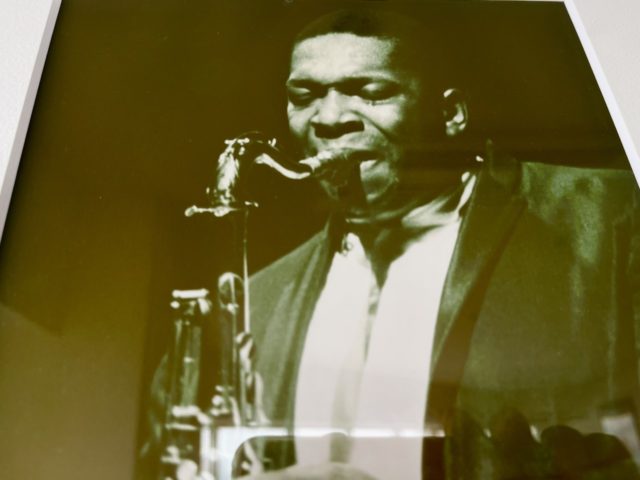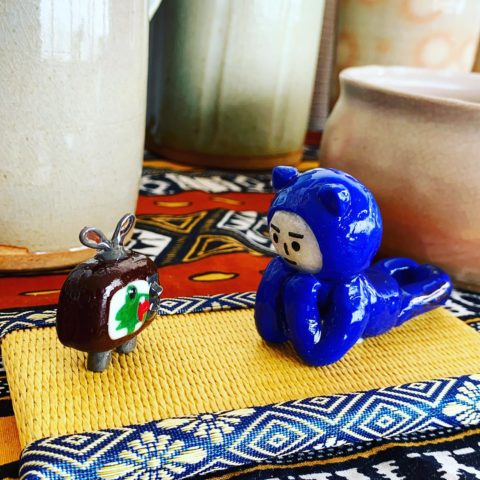Suddenly, strangely, Miu feels power turn on like a tungsten flame inside her _ maybe that hot spot in between her breasts. And her breath turns a bit quicker, warmer.
As a young Asian female, she never feels power anywhere else _ at high school, at shopping malls, at summer jobs, even at home, she has long grown used to her role that is not to challenge but to accept and approve.
But in that dingy darkness of that Tokyo club, she _ and others like her _ have truer deeper powers.
The heads turn, their eyes shiny like those of hungry animals in a cave sniffing for prey.
She knows all she has to do is return that look to have them do whatever she wants _ get off their chairs in a scamper, rushing to her at her beck and call: “Hi, are you alone?” “What’s your name?” “Do you want a drink?”
It is merely up to her whim to choose which of those young men will be that lucky one.
She doesn’t want the easy ones. She doesn’t want the obviously handsome ones.
Being so easy and so obvious, such a catch does not speak to the heights of her powers.
That’s not the kind of entertainment she is looking for on this night out on the town with her girlfriends _ her shoulder-length hair neatly rolled like Cinderella’s, her skinny legs showing flesh, stockingless, beneath her short patent-black boots, her clutch bag covered with Swarovski crystals.
The man must be worthy of all this work and investment and taste, she thinks, laughing to herself.
And the man, naturally, must have that undiscovered look.
Shy, quiet and impeccably innocent, downcast eyes hiding under soft bangs, he doesn’t know how beautiful or how bestial he can be, until he meets her, she muses.
She doesn’t have any specific characteristic in mind _ he doesn’t have to be tall, dark, smart, rich _ he can be anything and everything as long as he has that something special that makes her feel powerful not only over him but over everyone else who has looked down upon her for being Asian, young and female and has forgotten to credit her with the intelligence, insight and passion of choosing how to live life.
He must look at her as his all in that moment when they exchange glances and he approaches her and they dance, moving their hips in time to that deafening beat, and he must believe, as she does, that they have known each other from the beginning of time.
Which one is that special man? She scans the scene, taking her time, going from one dirty room to another, balancing herself carefully on the spiral metallic staircase on golden stiletto heels.
When she sees him, it can’t be more definite or fatalistic.
She walks up to him, standing, looking bored, so undistinguished and so plain and so unknowing by the giant speakers blasting with noise, so one-way is this selection, hers and not his.
He may even be there, waiting for his girlfriend, or he is drinking away his disappointment because his girlfriend has chosen to go somewhere else, or luckier still, he has just broken up and isn’t quite ready to look for someone new.
This is important: That she picks him, not the other way around.
She reaches up to his neck, pulls his face down gently, as though she needs to whisper an urgent question.
He accommodates, not too eager, just because he is trying to be nice to someone who may have a question, and as he faces her, she puts her mouth to his, forcing her tongue through his cold lips, and their tongues merge as one in the best kept secret in that club, that night, that city, that universe.
Her mind goes blank. And all she sees is that soft black one-ness inside her head, swirling, and she feels happy as though the games people play and the question of who is powerful no longer matter.
Continued from Story of Miu 6.

